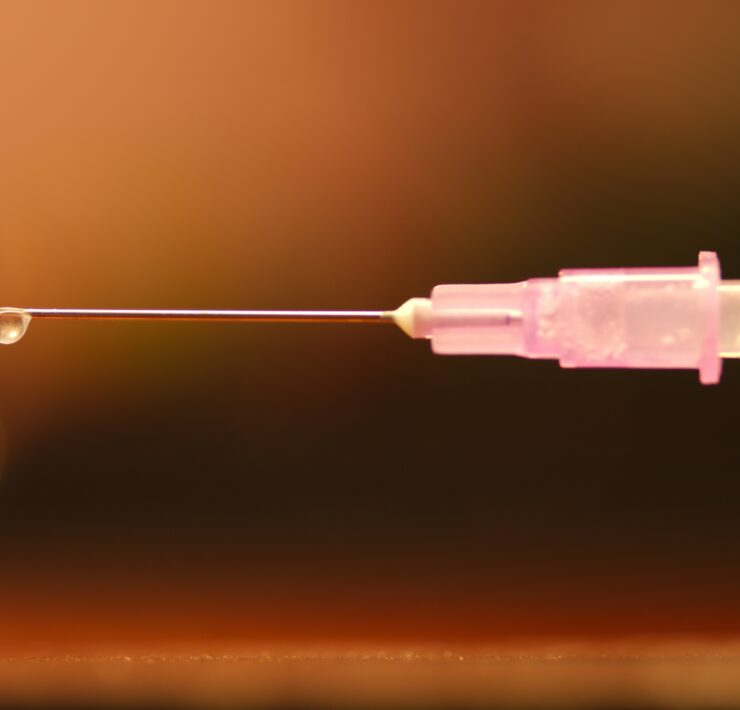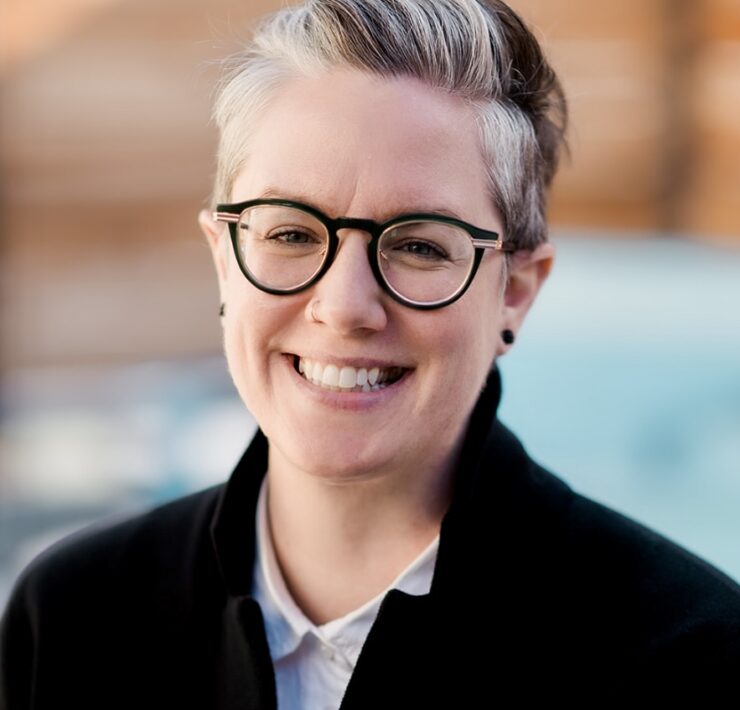25 things you didn’t know about Colorado AIDS Project

1
CAP started in the early 1980s as a grassroots community organization within The GLBT Center of Colorado.
2
CAP has an active volunteer base of more than 500 individuals that help in the food bank, at the reception desk, in the employment center, with other administrative duties, and with CAP’s many events throughout the year.
3
CAP began as a volunteer-operated agency functioning as a support group for those affected by HIV and dying of AIDS, and has grown into a fully-functioning professional non-profit organization serving HIV-affected individuals statewide.
4
In October 2011, Northern CAP (NCAP), Southern CAP (SCAP), Western CAP (WestCAP) Denver CAP (DCAP) merged into one statewide organization, now covering 52 of Colorado’s 54 counties.
5
NCAP offices in Fort Collins and Greeley allow allows service to the entire northeastern quadrant of Colorado.
6
SCAP has offices in both Colorado Springs and Pueblo, allowing CAP to provide services to the entire southeastern quadrant of the state.
7
WestCAP is the only AIDS Service Organization servicing the entire western slope, including individuals from bordering states. Case managers provide transpiration between towns – sometimes hundreds of miles – so that clients can receive adequate medical treatment.
8
DCAP employs French-speaking and Spanish-speaking case managers to break language barriers in order to provide services.
9
The statewide Colorado AIDS Project serves nearly 4,000 HIV-affected individuals through four regional offices – more than one third of the Colorado population living with HIV.
10
All services that CAP provides are free to clients that meet the Ryan White eligibility requirements.
11
Federal funding that is received does not fully subsidize all programs, including Food Bank and Prevention. Private donations and funds raised through events make up the difference.
12
Collaborations with Denver Health and Hey Denver allow DCAP to provide free testing for HIV, Gonorrhea, Chlamydia and Hepatitis C.
13
DCAP’s prevention program tested nearly 1,500 people for HIV in 2011.
14
Each case manager at DCAP has an average of 140 clients on their caseload, for a total of more than 2,600 clients.
15
DCAP’s syringe exchange program is the first “approved” or “official” syringe exchange in Denver.
16
The DCAP food bank provided more than 140,000 meals over the past 12 months.
17
The cost to DCAP for each meal provided in the food bank is $2.41.
18
CAP serves more than 400 families with permanent housing options in all parts of the state.
19
The DCAP medical insurance program assists more than 450 individuals, allowing uninterrupted access to medical appointments and medications for under-employed, unemployed or individuals transitioning between jobs.
20
More than 1,350 hours of individual and group counseling were provided in 2011.
21
Through the food bank and employment center, lifestyle classes for clients teach meal preparation, resume building and job interview techniques.
22
DCAP has assisted more than 1,100 transportation clients taking 170,150 total trips annually.
23
There are nearly 300 people on the waiting list for housing assistance.
24
In the three years since DCAP started Red Ball, a fashion and hair extravaganza to ignite awareness for World AIDS Day, the event has quickly grown to become the “it” fashion event in Denver.
25
DCAP’s food bank won the US Conference of Mayors Award in 2006, and the Victory Against Hunger Award in 2007 from the Congressional Hunger Center.
What's Your Reaction?
Founded in 1976, Out Front is the largest LGBTQ news organization in the Rocky Mountains. "Like" Out Front on Facebook: facebook.com/outfrontcolorado, and follow us on Twitter: @outfrontco.










